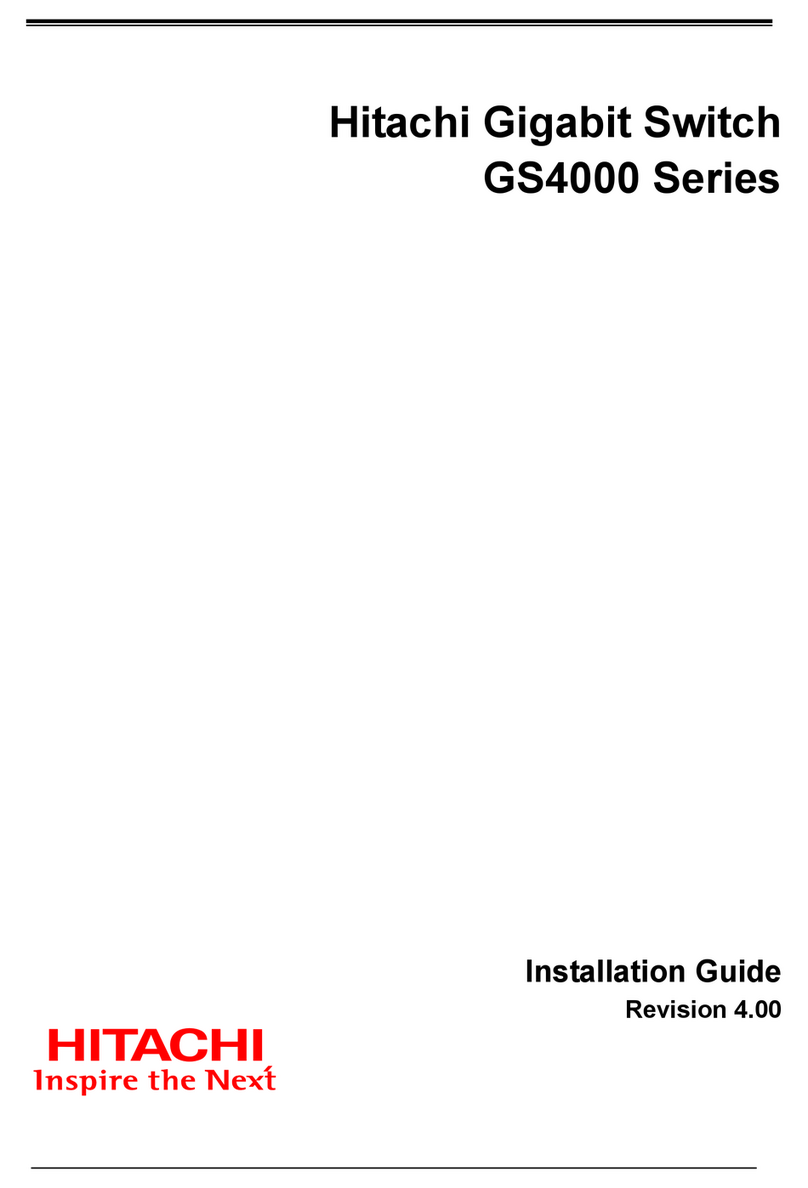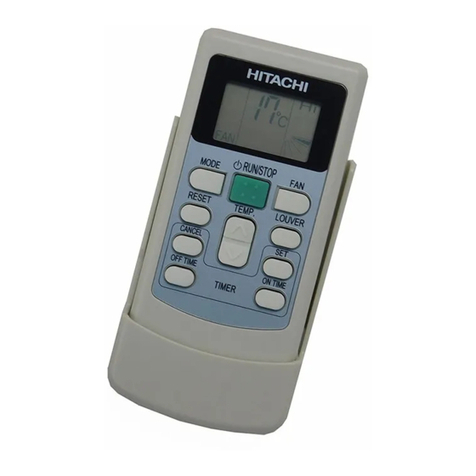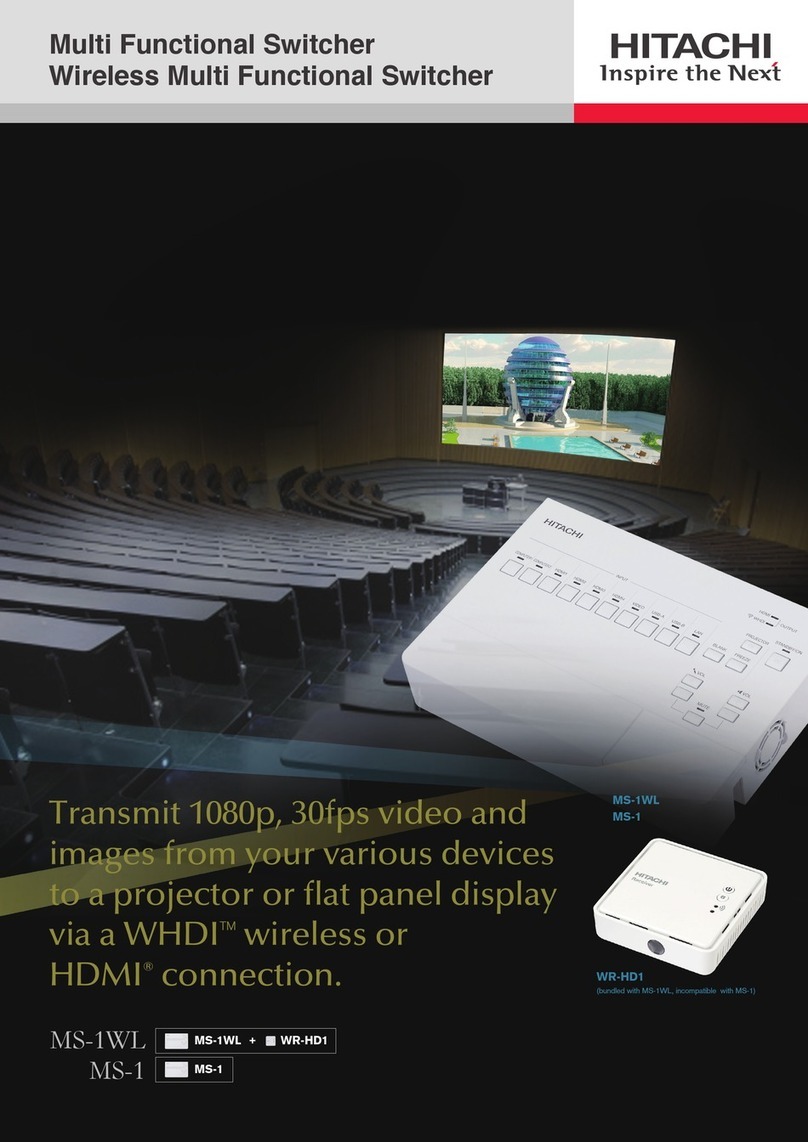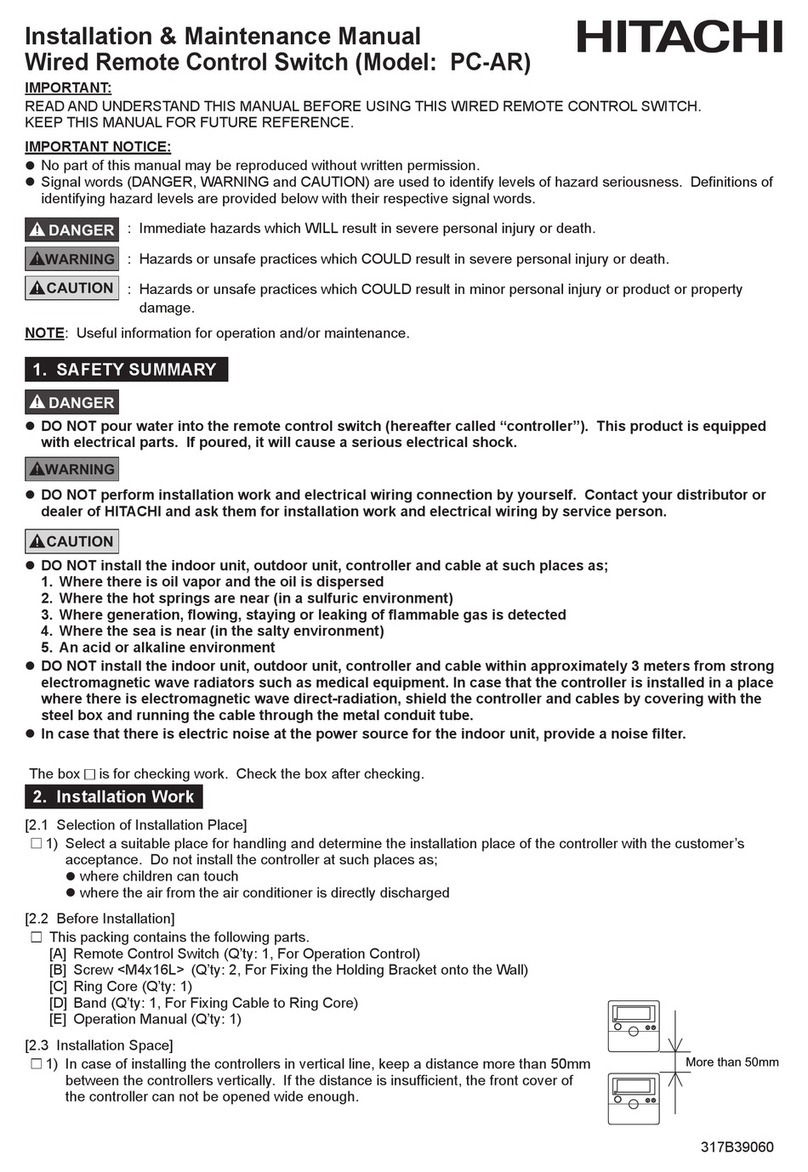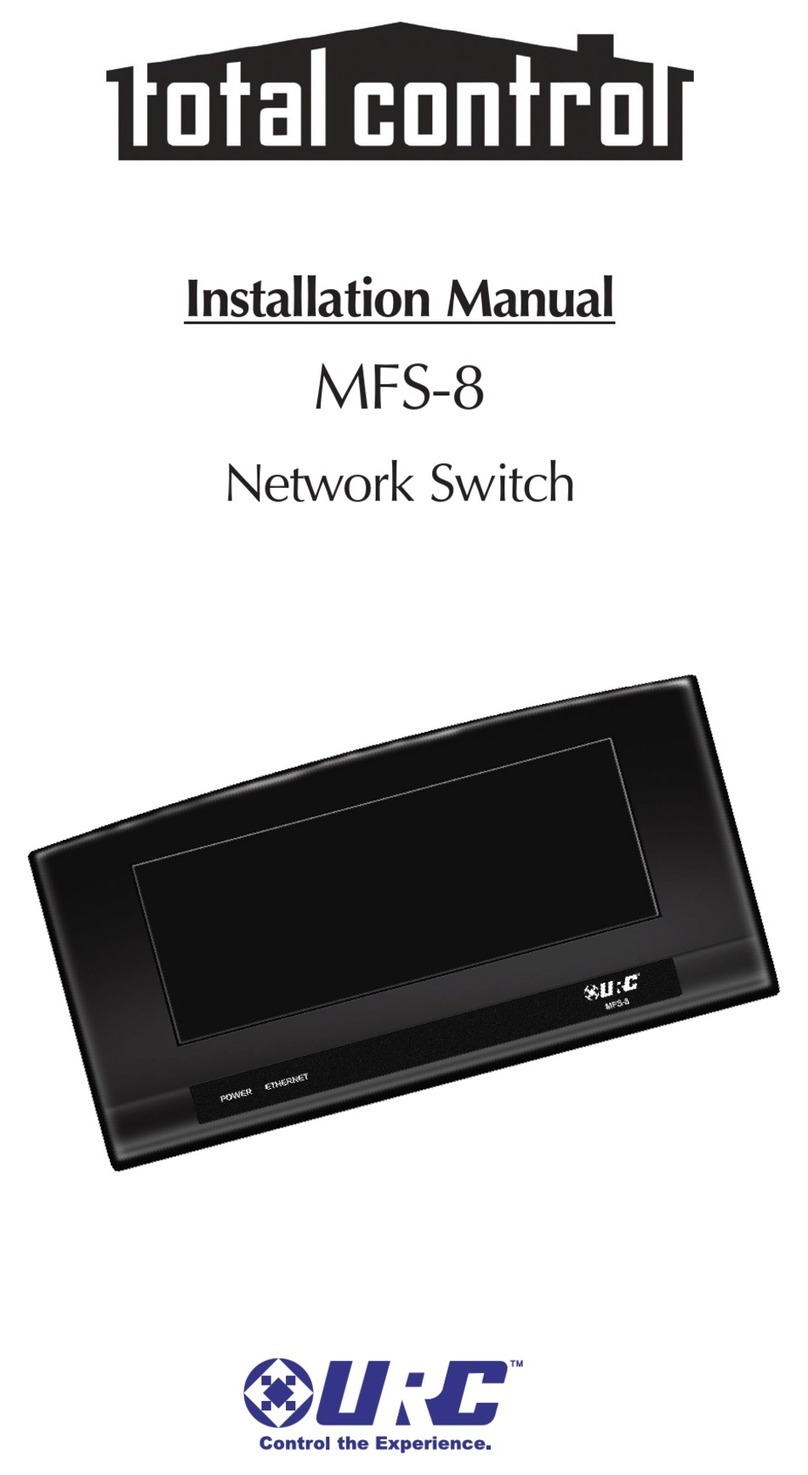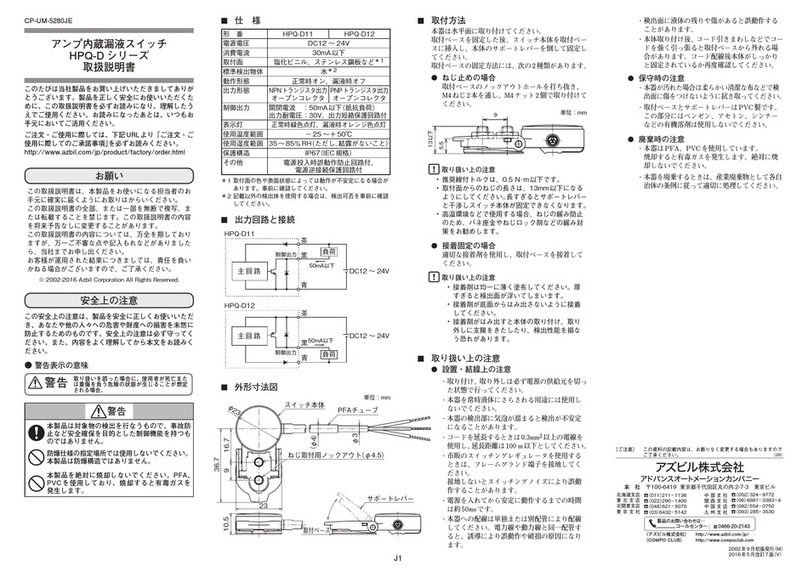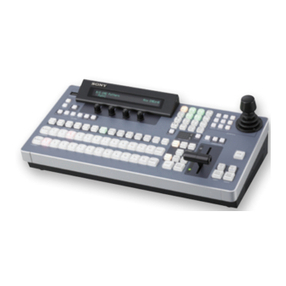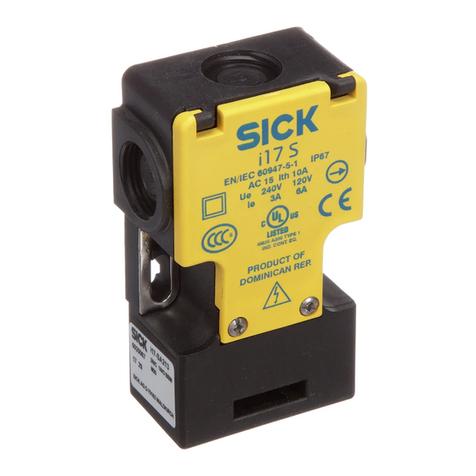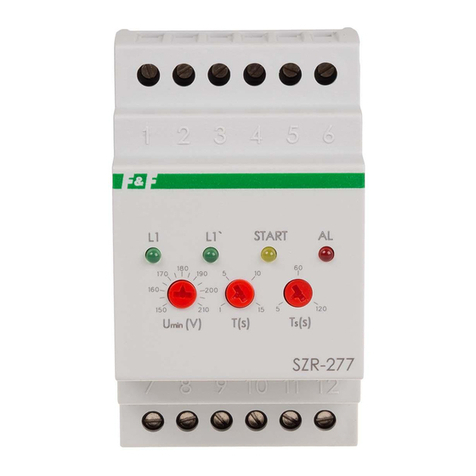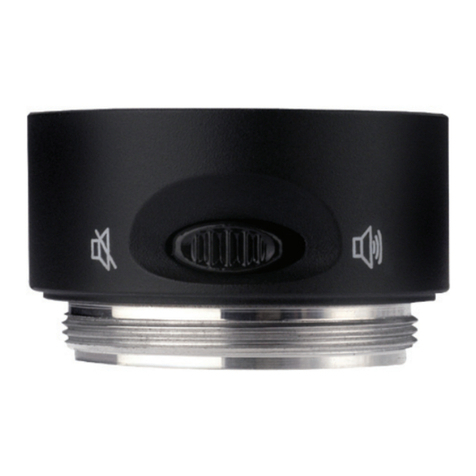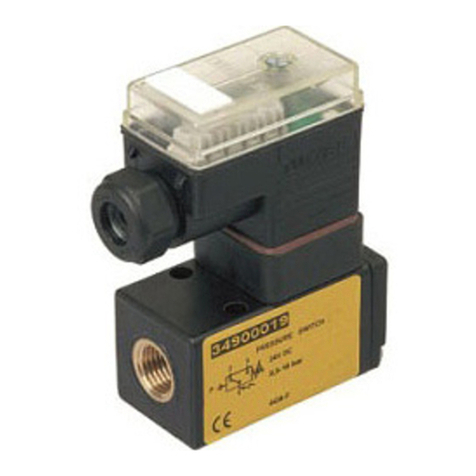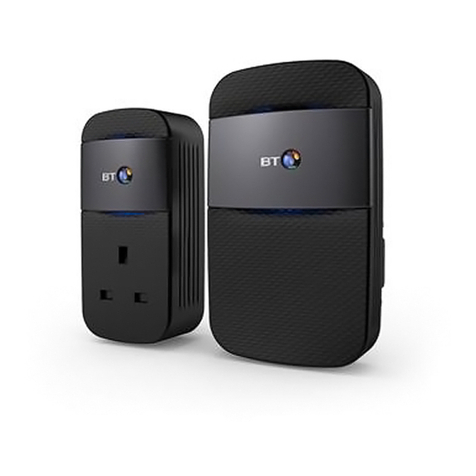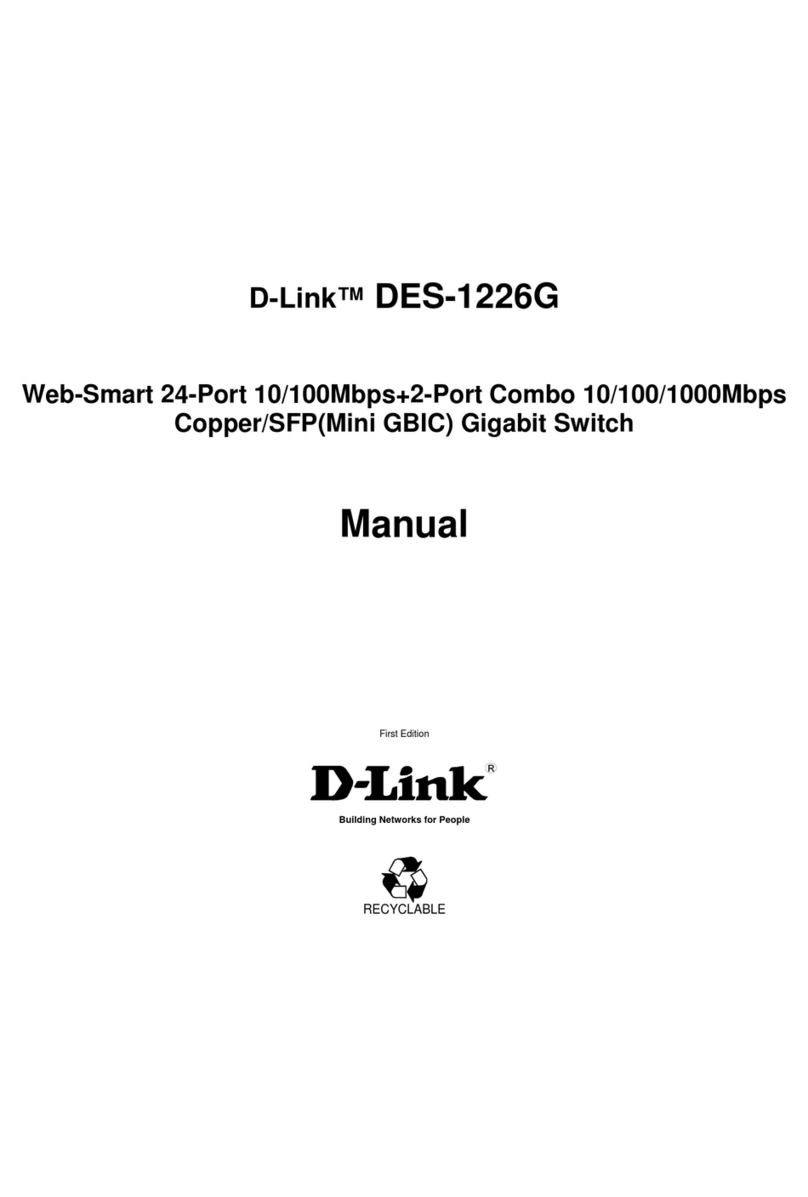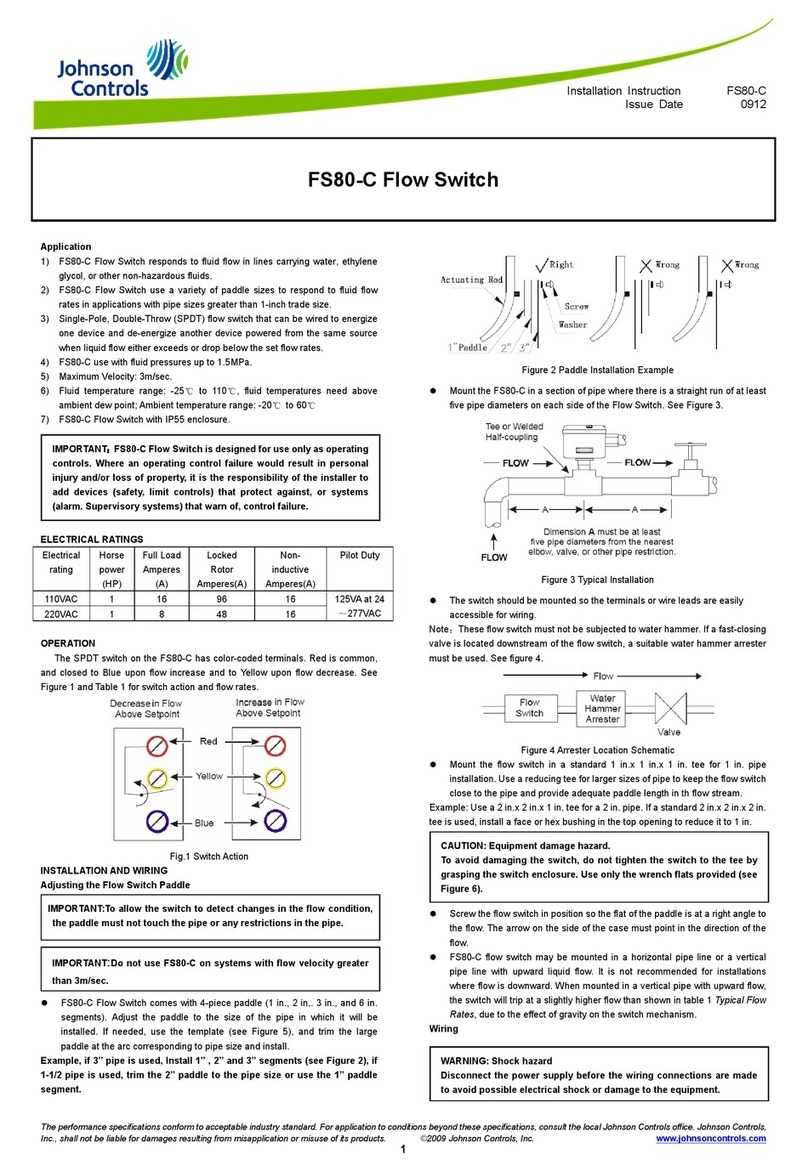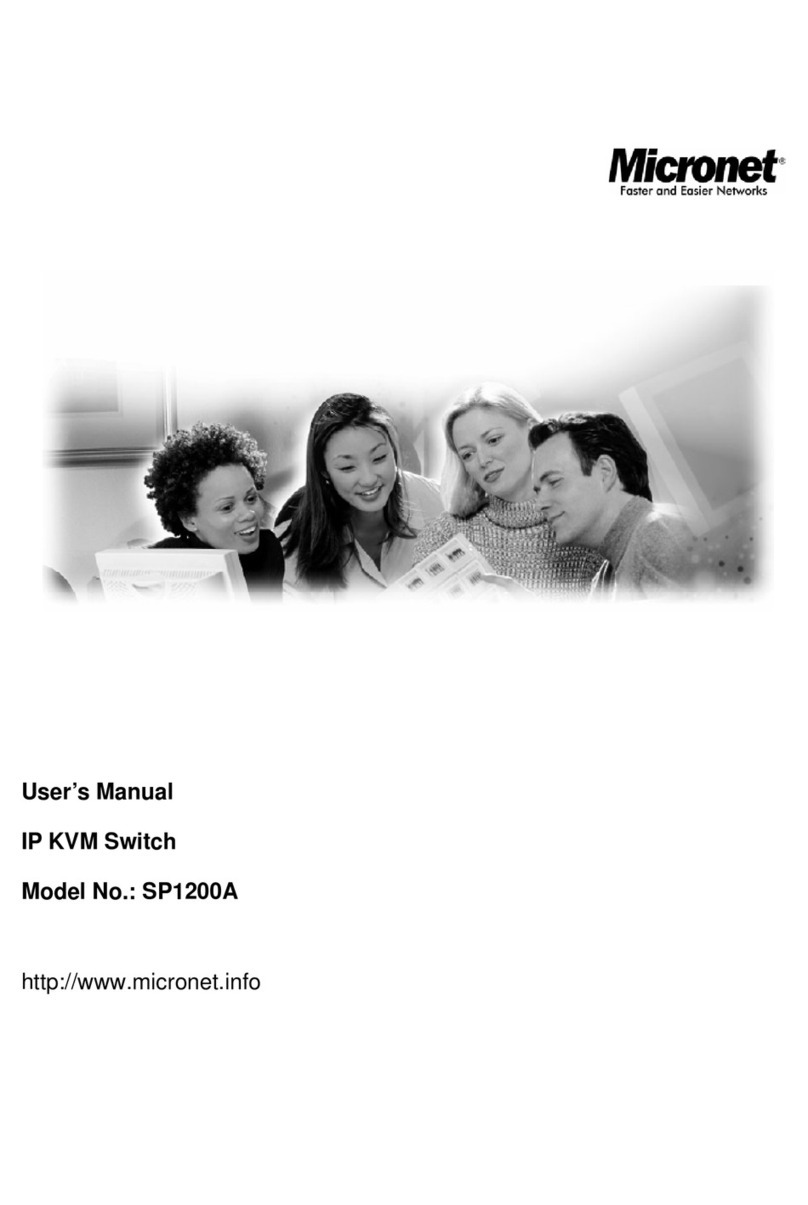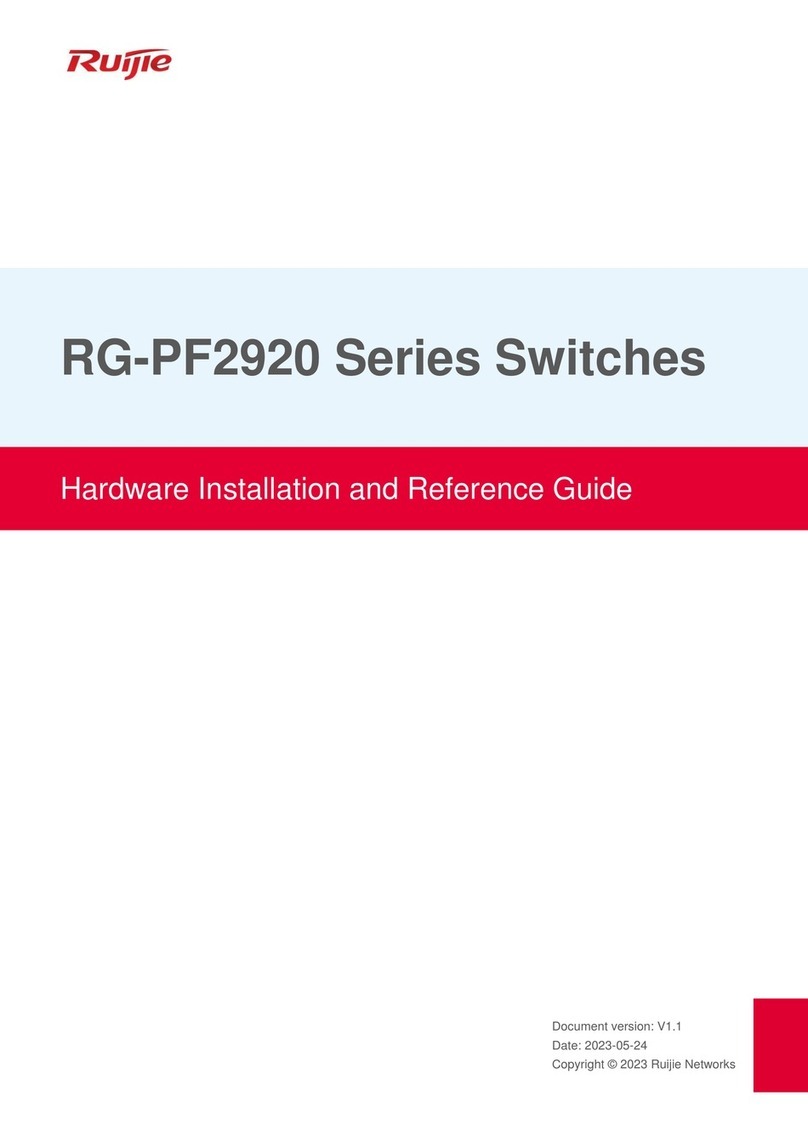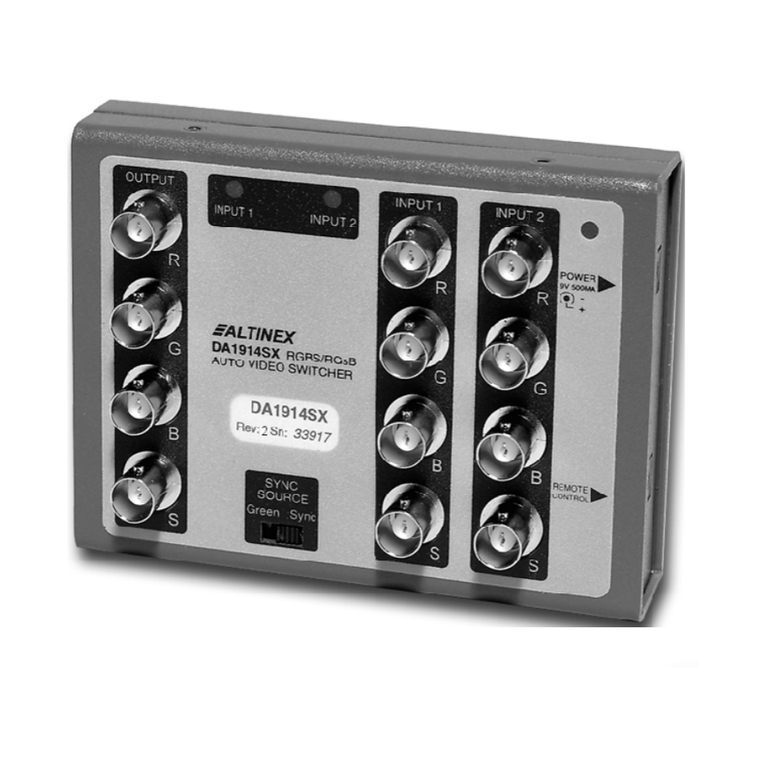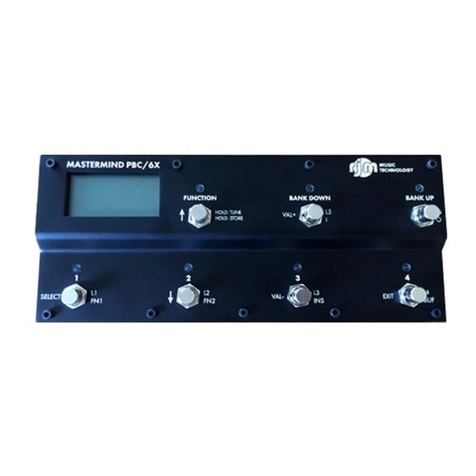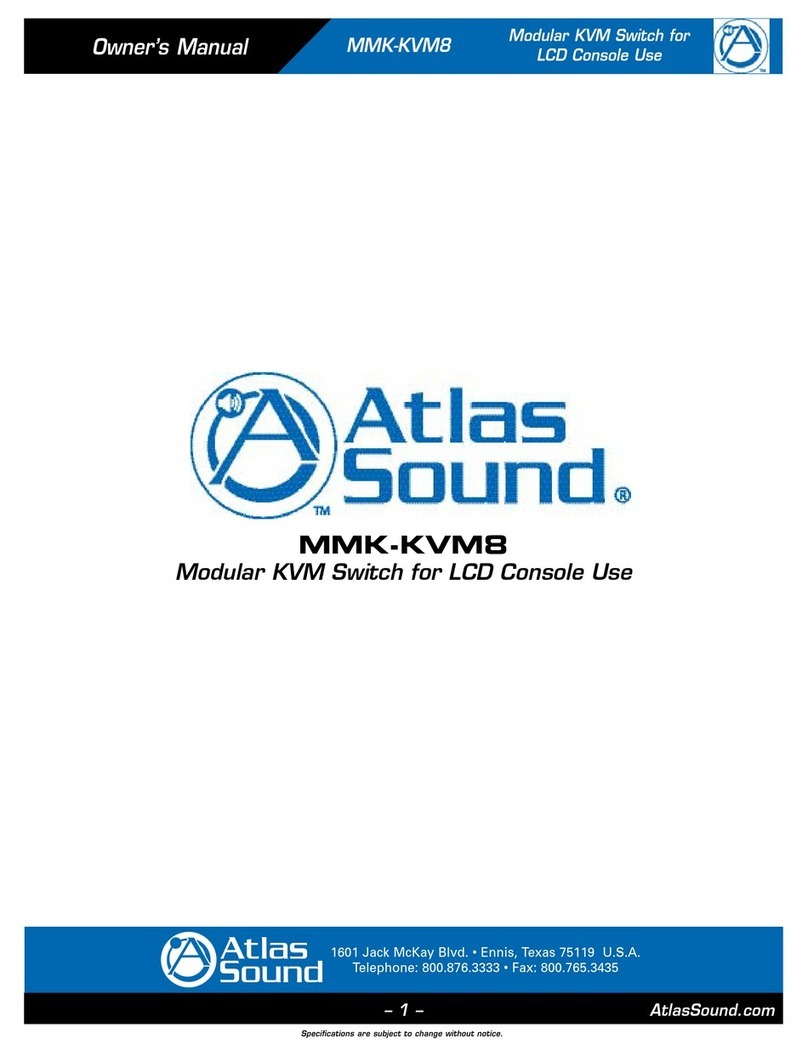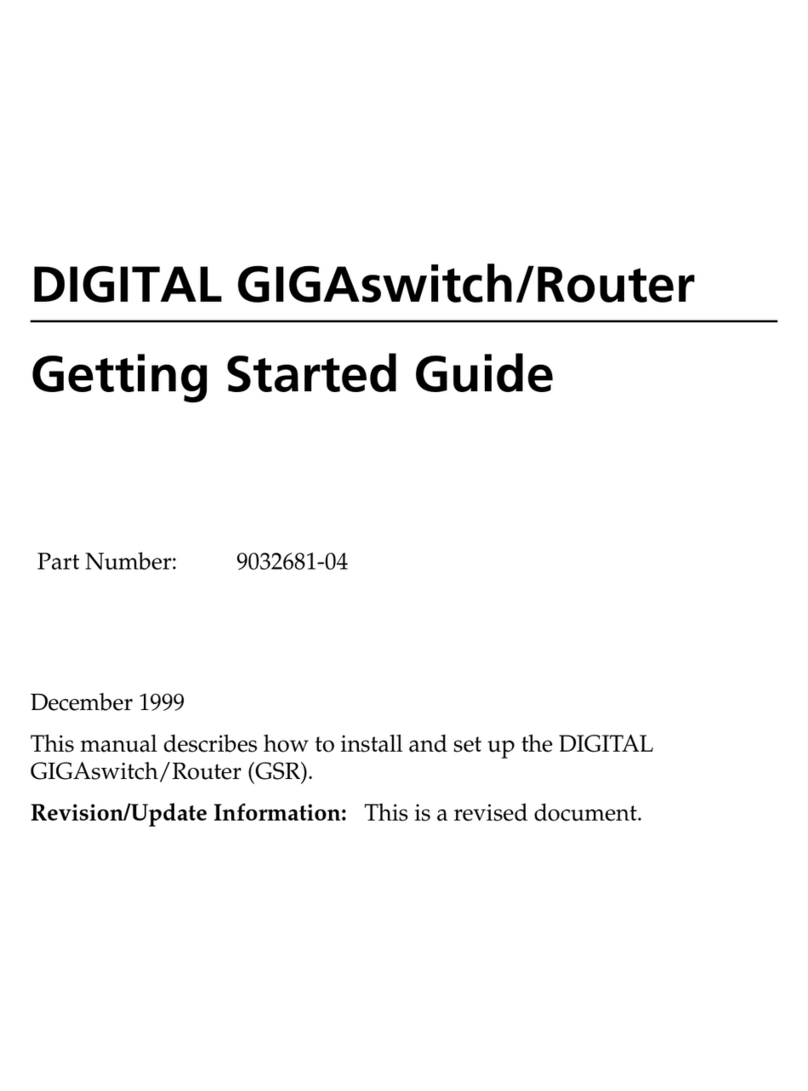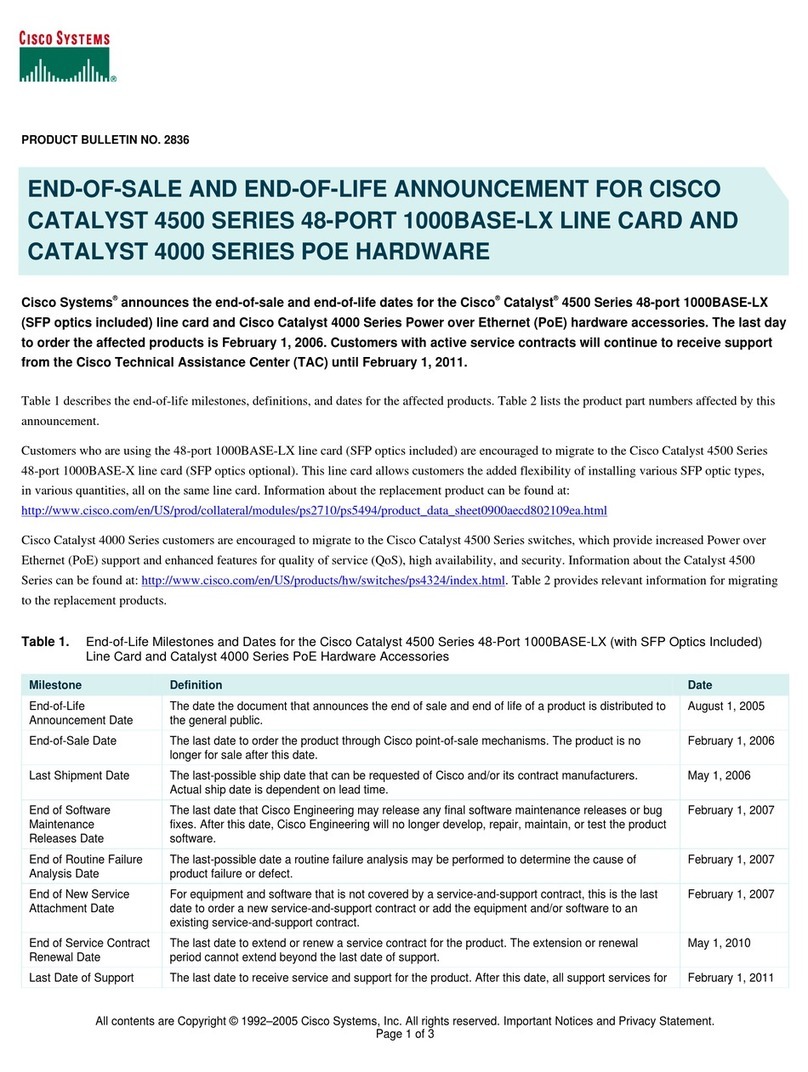
GS4000 Quick Start Guide, Revision 3
x QSGGS4KX10-00 5794092-2X
WARNINGS
Do not insert or place metal or inflammable objects inside the chassis of the GR4000 or
GS4000 through the ventilation slots. Doing this could cause a fire or an electric shock.
When pressing the protected switches in the BCU front panel, do not use objects that can be
easily broken, such as wooden toothpicks or plastic pins, or items that may be difficult to
remove if dropped into the areas where the switches are located. Doing this could cause a fire
or an electric shock.
Do not use the device if there is smoke or an unusual smell coming from it. If either occurs,
immediately turn power off and unplug the power cable from the outlet.
If AC power supplies are installed, pull out the power cables from the device.
If DC power supplies are installed, switch off the circuit breaker (DC power cables are
connected to screw terminals).
If liquid is spilled on the device, immediately turn power off and disconnect power cables as
appropriate. Discontinue use to avoid the risk of fire or an electric shock.
If a foreign object falls into the device when the cover is off, turn power off and unplug the
power cable from the outlet. Using the device with power on could cause a fire or an electric
shock. Do not attempt to remove the object while the power is on.
Do not put the device on an unstable or uneven place. Instead, put the device on a stable and
flat surface to prevent it from falling and causing damage.
When installing the GR4000 or GS4000 on a desk, lay it down horizontally in its normal
orientation. If you stand it vertically or lean it against a wall, it could fall and be damaged and
potentially cause injury.
Do not remove the cover when it is operating, since this can cause you to receive a shock.
Make sure that the device is in a stable, secure position when mounting it into a rack. If you
try to install it without anchoring it to the rack, it could fall out.
In the event that the device or any of its components is damaged, immediately turn off power
and remove the power cable from the source. Contact a qualified service technician. Using the
device in a damaged condition could cause a fire or an electric shock.
Do not put a metal object, such as a pin or paperclip, or a vase or flower pot on the GR4000 or
GS4000. Water or objects falling into the chassis could cause a severe electrical shock to
anyone touching the device.
To avoid injury, the GR4000-80E1, GR4000-80E2, GS4000-80E1 or GS4000-80E2 should be
carried by no less than three people. The table below shows the weight of each device:
Model Maximum Weight in kg (lbs) Number of People Required to Move the Device
GR4000-80E1
GS4000-80E1 45 (99)
GR4000-80E2
GS4000-80E2 40 (88)
Three or more
The following labels are attached to the GR4000-80E1, GR4000-80E2, GS4000-80E1 or
GS4000-80E2:
